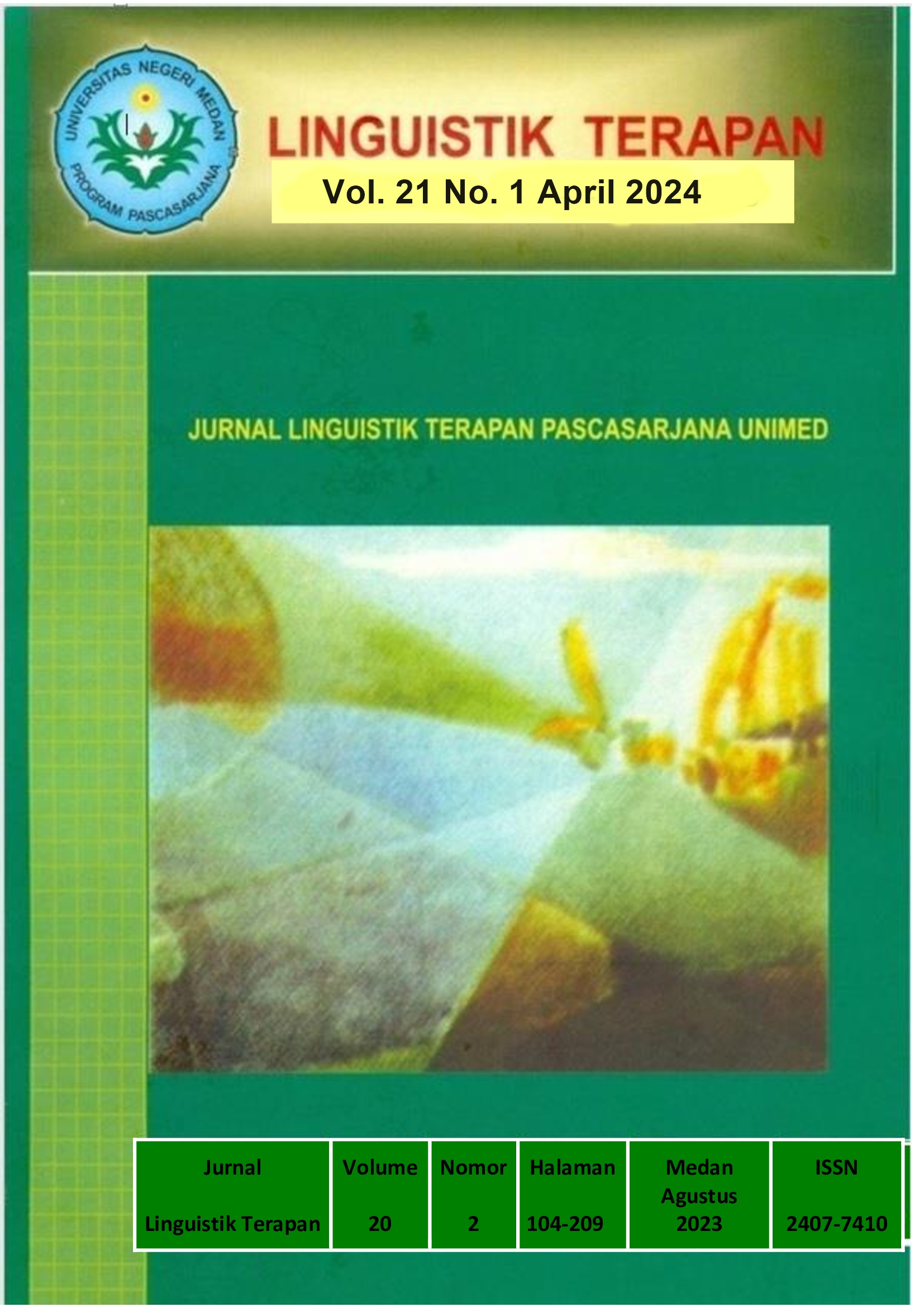“K-Pop is Part of who I am”: Cultural Discourse in Politeness Strategies and Appraisal Expressions of Indonesian K-Pop Fandom
DOI:
https://doi.org/10.24114/lt.v21i1.64872Keywords:
K-pop, Politeness, Appraisal, Digital Discourse, FandomAbstract
This study investigates how Indonesian K-pop fans interact in online discourse utilising politeness techniques and assessment expressions. Data were obtained using a qualitative approach with virtual ethnography, including questionnaires, social media observations, and textual analysis. Politeness Theory (Brown & Levinson, 1987) examines how fans preserve group cohesion and resolve problems, whereas Appraisal Theory (Martin & White, 2005) investigates how emotions, judgements, and evaluations influence fan interactions. The data show that supporters utilise positive politeness to foster unity, negative politeness to diffuse disagreements, and direct or indirect expressions in intense debates. Meanwhile, appraisal analysis reveals that fandom discourse incorporates emotional responses, idol evaluations, and aesthetic enjoyment. These findings demonstrate how K-pop fandom operates as a dynamic linguistic arena, with politeness and assessment tactics influencing digital discourse and cultural identity construction.References
Abusyairi, K. (2013). Language learning with a cultural approach. Dinamika Ilmu: Jurnal Pendidikan, 13(2), 174-188.
Achterberg, P., Heilbron, J., Houtman, D., & Aupers, S. (2011). A cultural globalization of popular music? American, Dutch, French, and German popular music charts (1965 to 2006). American Behavioral Scientist, 55(5), 589–608. https://doi.org/10.1177/00027642113980
Brown, P., & Levinson, S. C. (1987). Politeness: Some universals in language usage (Vol. 4). Cambridge University Press.
Christie, F., & Martin, J. R. (2005). Genre and institutions: Social processes in the workplace and school. A&C Black.
Fauzia, S. D., Abdullah, W., & Purnanto, D. (2022). Tradition of Sesaji Rewanda at Goa Kreo as local wisdom. Indonesian Journal of Applied Linguistics, 12(1), 255–265.
Halliday, M. A. K. (1985). An introduction to functional grammar (4th ed., 2014). London: Routledge.
Herman, & Silalahi, D. E. (2020). Critical discourse analysis on “We are the World 25 for Haiti” song lyrics. Journal of English Education and Teaching (JEET), 4(1), 36-48. https://doi.org/10.33369/jeet.4.1.36-48
Körner, H. (2000). Negotiating authority: The logogenesis of dialogue in common law judgments. [Informasi penerbit tidak tersedia].
Lakoff, R. (1973). Language and woman’s place. Language in Society, 2(1), 45–80. http://www.jstor.org/stable/4166707
Leech, G. (1983). Principles of pragmatics. London: Longman.
Martin, J. R., & White, P. R. (2005). The language of evaluation: Appraisal in English. London, UK: Palgrave Macmillan.
Santoso, D. (2015). Linguistic politeness strategies in Javanese [Doctoral dissertation, La Trobe University Australia]. http://eprints.uad.ac.id/7047/1/2.DwiSantoso.pdf
Sukarno. (2018). Politeness strategies, linguistic markers, and social contexts in delivering requests in Javanese. Indonesian Journal of Applied Linguistics, 7(3), 659–667. https://doi.org/10.17509/ijal.v7i3.9816
Waziana, W., Andewi, W., & Putra, W. H. (2021). Analyzing the lecturer’s politeness strategies in teaching-learning interaction. English Empower, 6(1), 7–15.
White, P. R. R. (2020, January 1). Appraisal theory homepage. Grammatics. Retrieved from https://www.grammatics.com/appraisal/index.html
Downloads
Published
How to Cite
Issue
Section
License
Copyright (c) 2025 Ajeng Dilla Maisaroh

This work is licensed under a Creative Commons Attribution-ShareAlike 4.0 International License.






